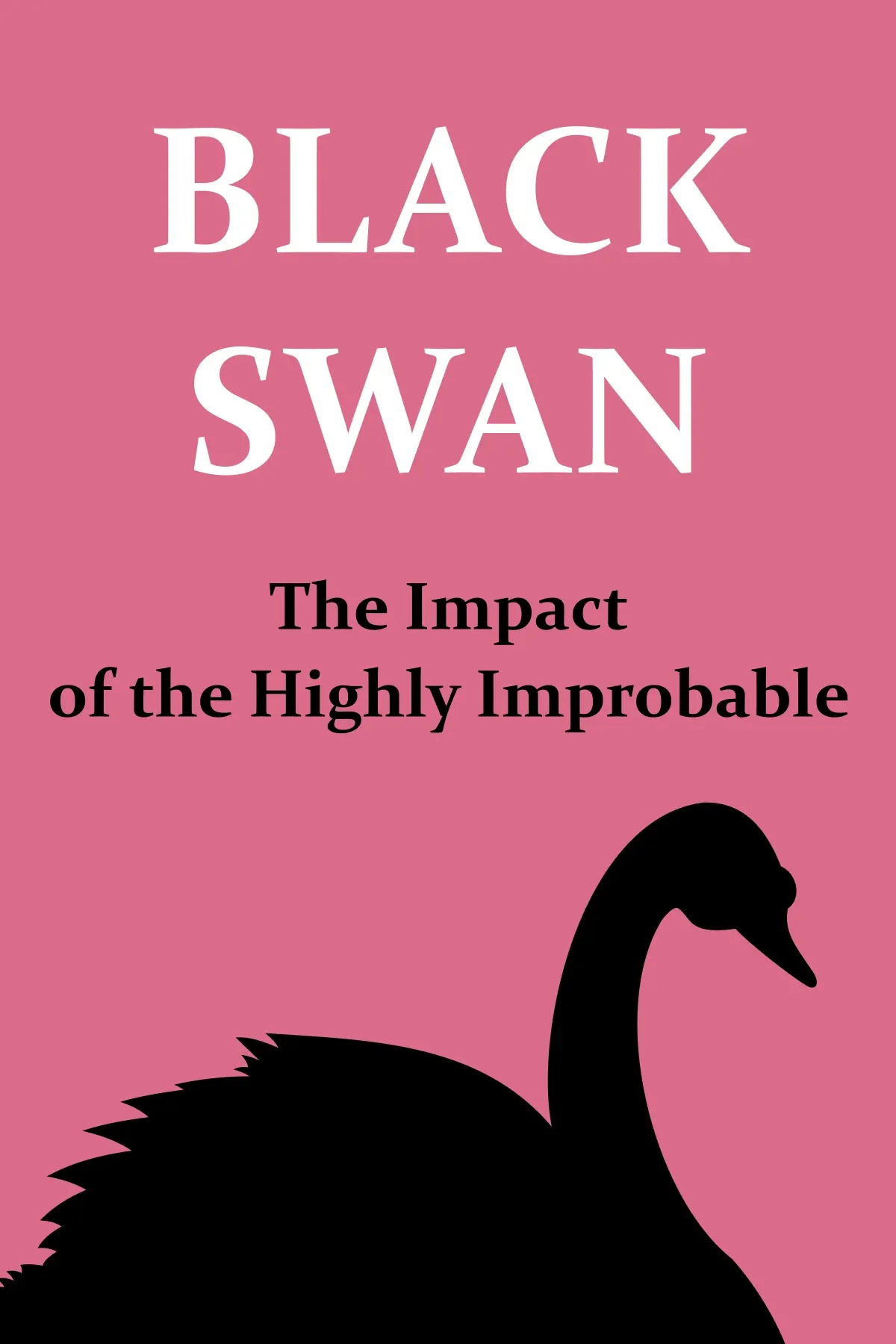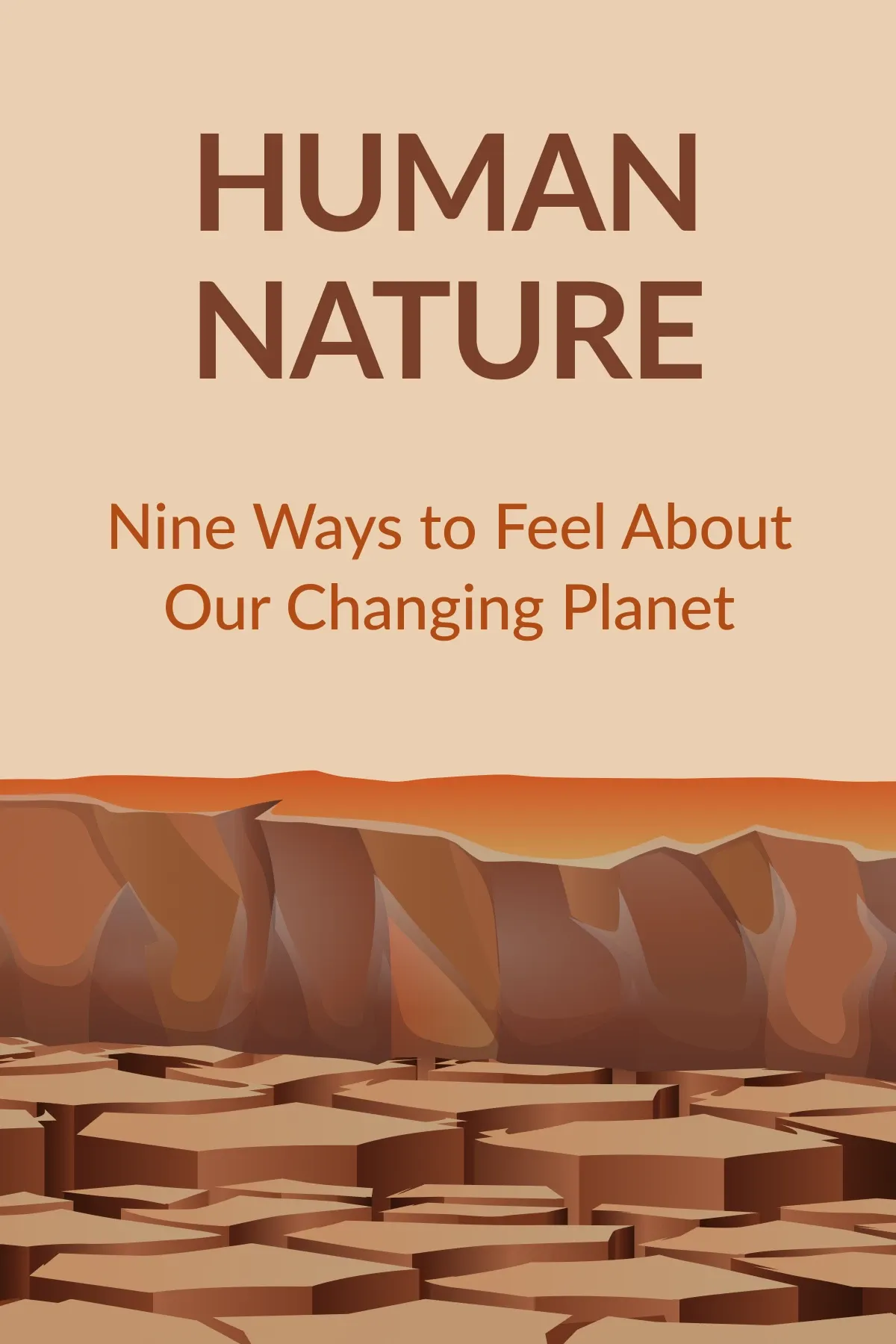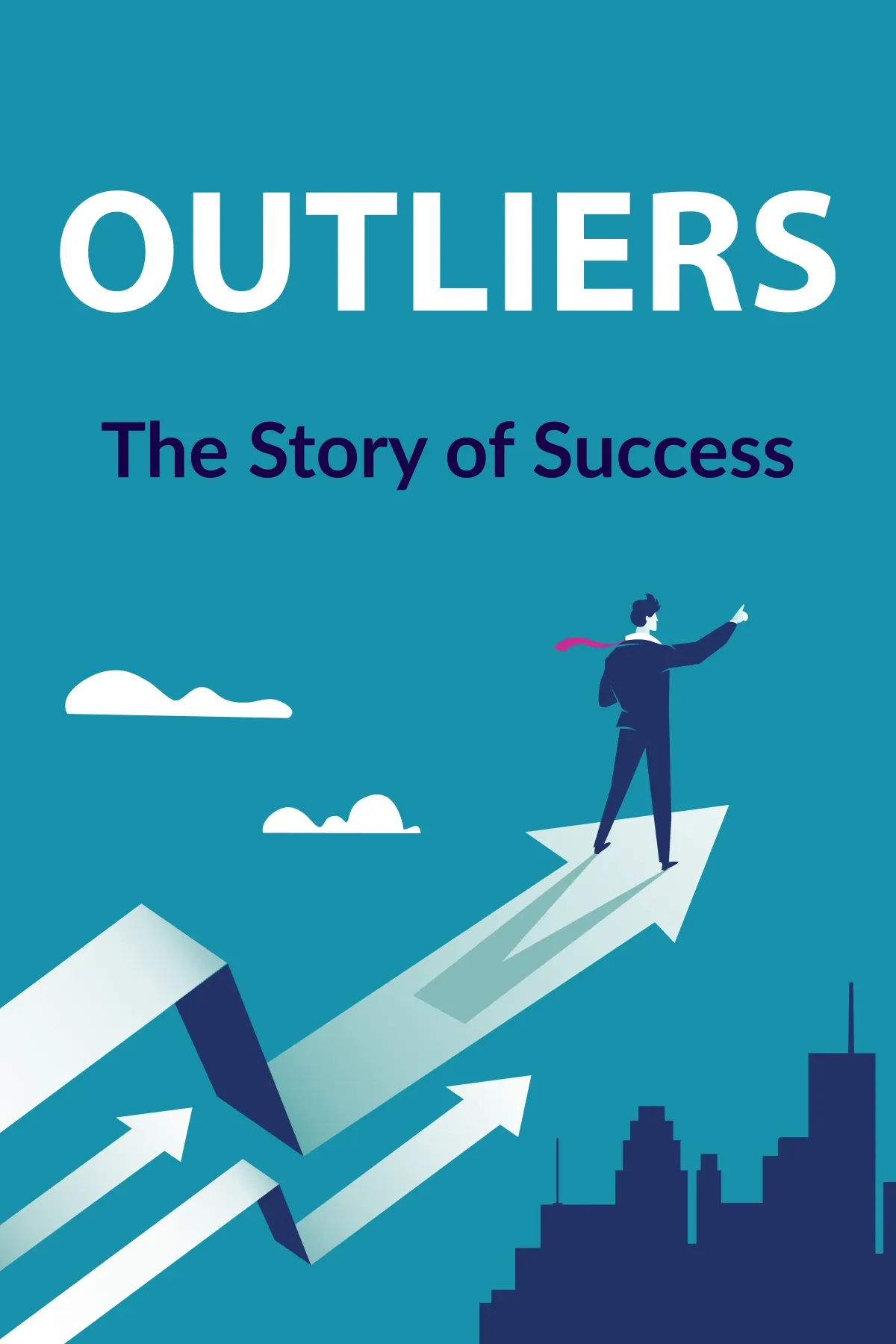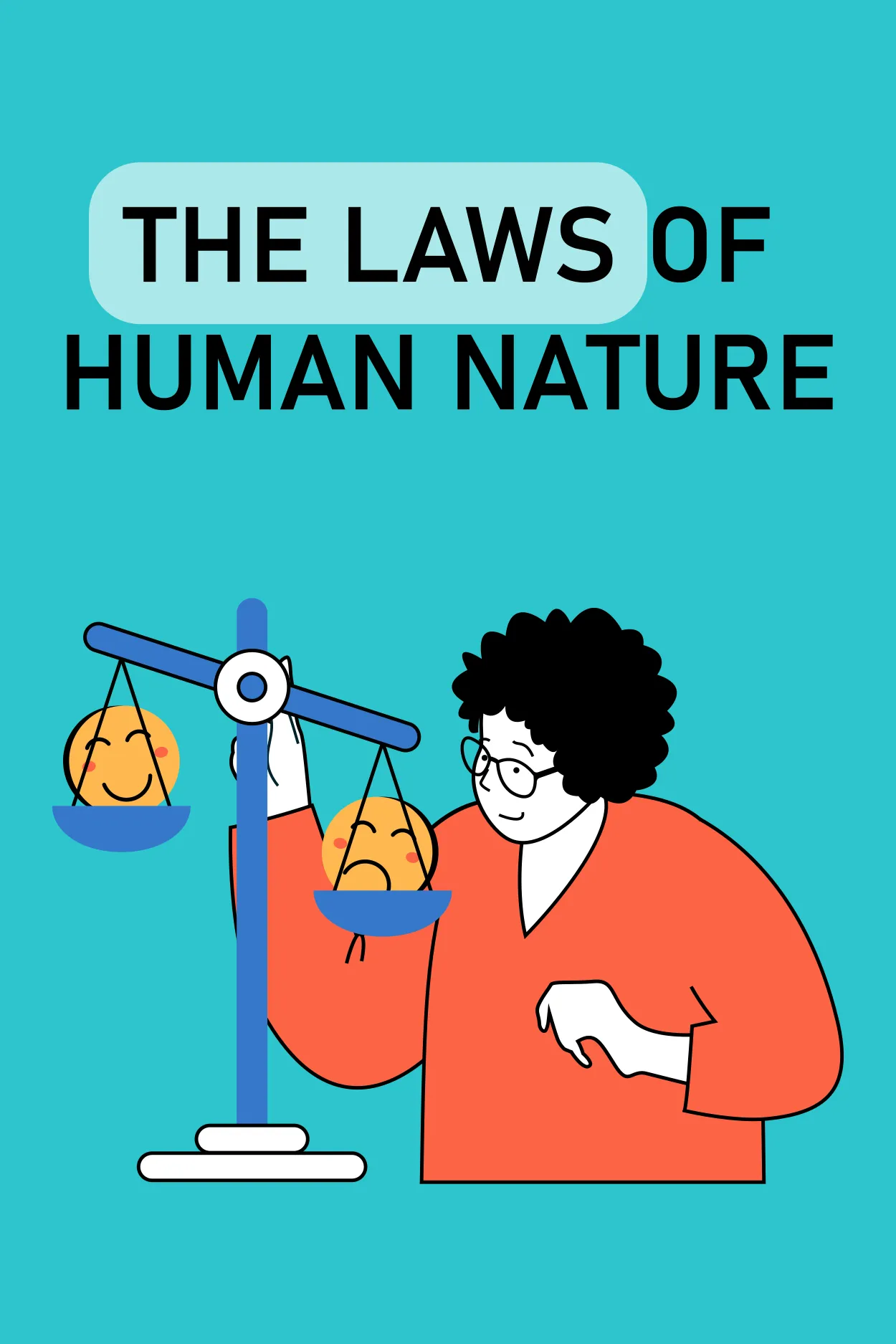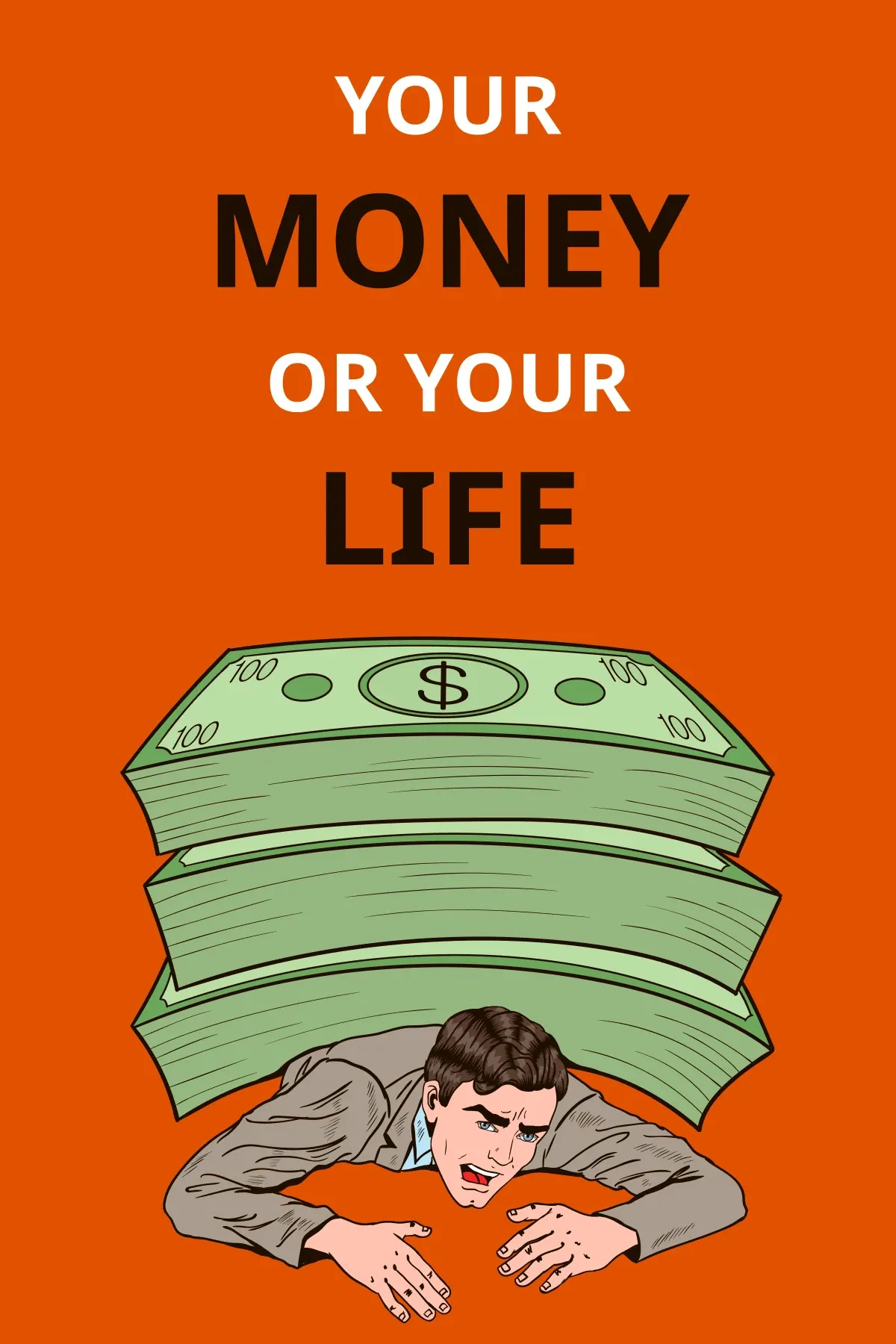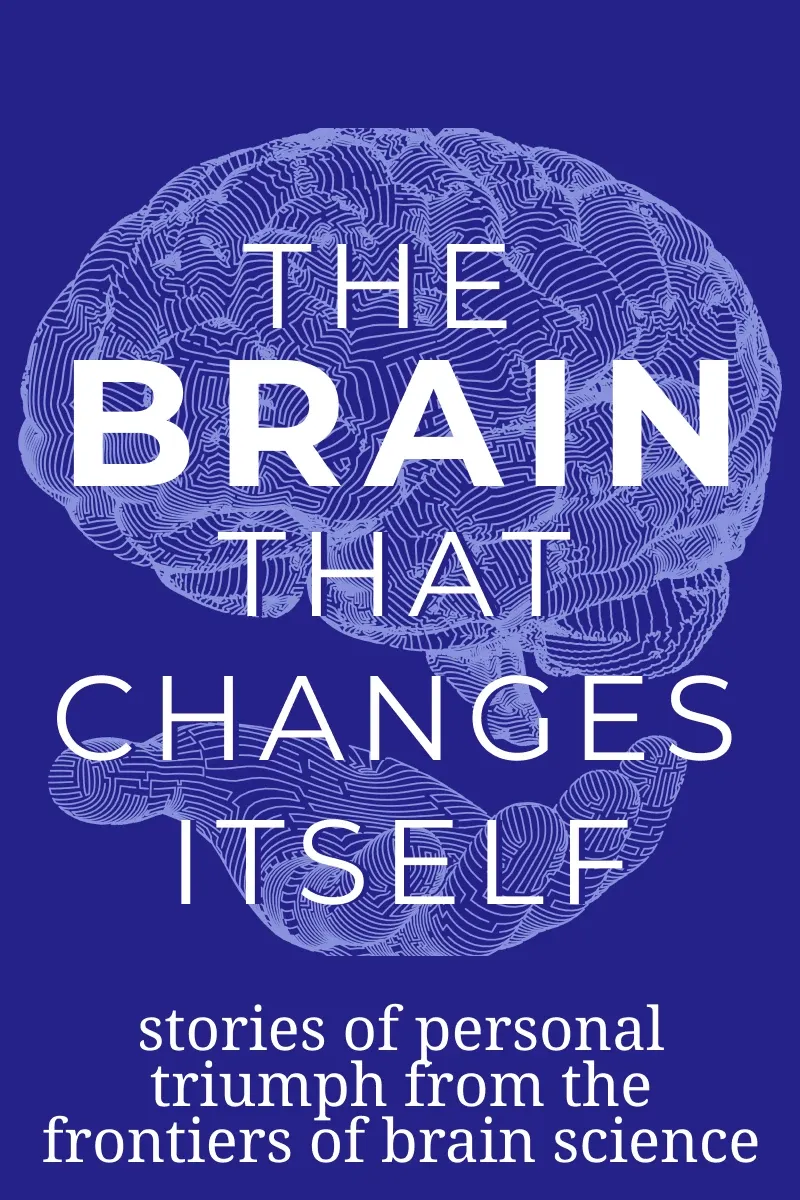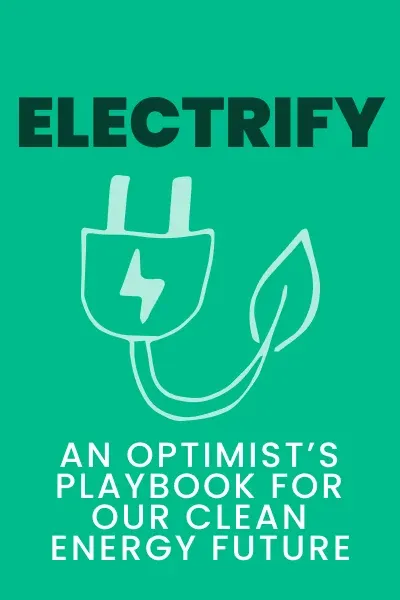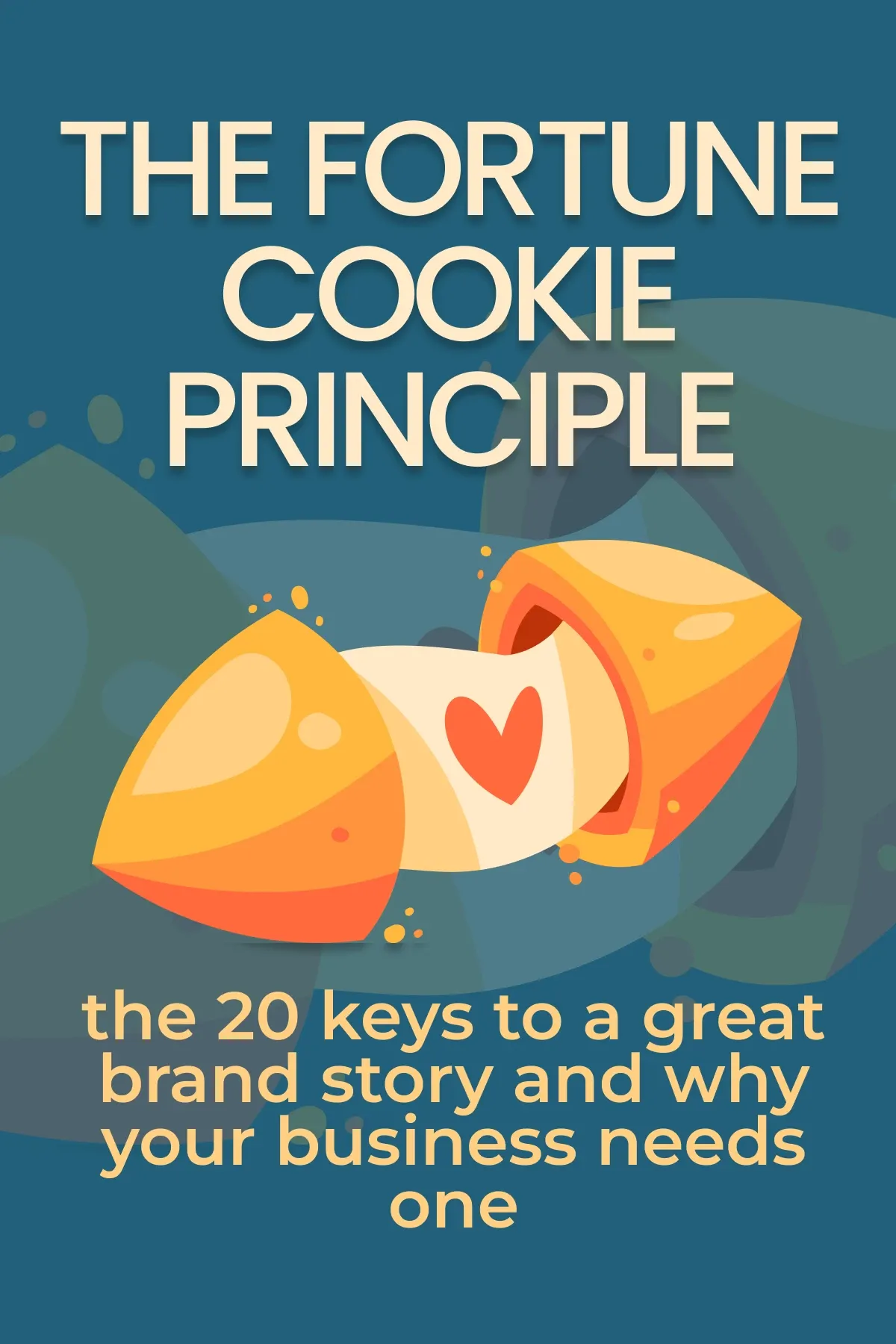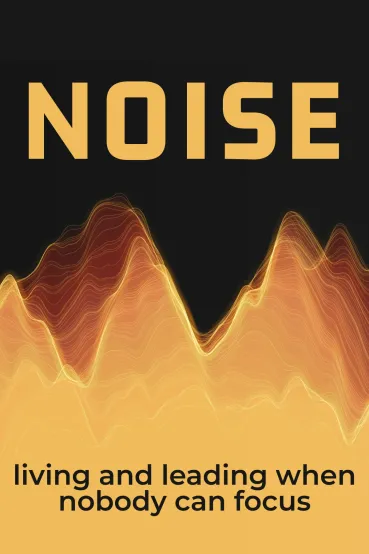
Noise
Brief Summary
“Noise” is an accessible primer to the process of decision-making. This book explains how tiny and seemingly unimportant factors called noise can have a crucial influence on our decisions. Let’s find out how you can reduce noise in your life!
Key points
Key idea 1 of 9
When we think about how big decisions are made, it seems that only equally huge factors and reasons play a major role in this process. However, that's not how it works. Sometimes, things that seem insignificant can have the biggest impact on the final result. Let's call these factors noise.
To understand how noise works, imagine you are a promising manager and want to get a job in one of the most successful companies in the country. You also have a friend who graduated with honors and is always eager to enroll in new courses. Both of you have been working as managers for the same amount of time, your skills match, and you have all the necessary certifications. You and your friend are applying for the same position.
That day has come. You left the interview, the sun was shining brightly outside, and it was a little hot. Your friend went for an interview the next day, where he was asked the same questions. However, when he left the office, it was cloudy and raining outside. You later find out that you were turned down, and the position was given to your friend instead. Do not rush to puzzle over how it happened, and don’t look for answers in your resumes. The reason could be something much smaller, like... the weather.
In his article entitled *Clouds Make Nerds Look Good*, researcher Uri Simonsohn expressed the theory that seemingly insignificant factors such as the weather, a bad mood, and a spoiled breakfast can influence important decisions. This article cited statistics that on cloudy days, bosses and managers at interviews tend to pay more attention to the academic qualities and knowledge of the candidate. And on sunny days, on the contrary, they pay more attention to personal traits and charisma.
It sounds far-fetched, but it happens so often. The extent to which we accept new opportunities and give our consent to something depends very much on such factors. For example, you can refuse a job offer simply because you had a fight with a friend, and it was cloudy outside!
FAQ
You may also like these summaries


